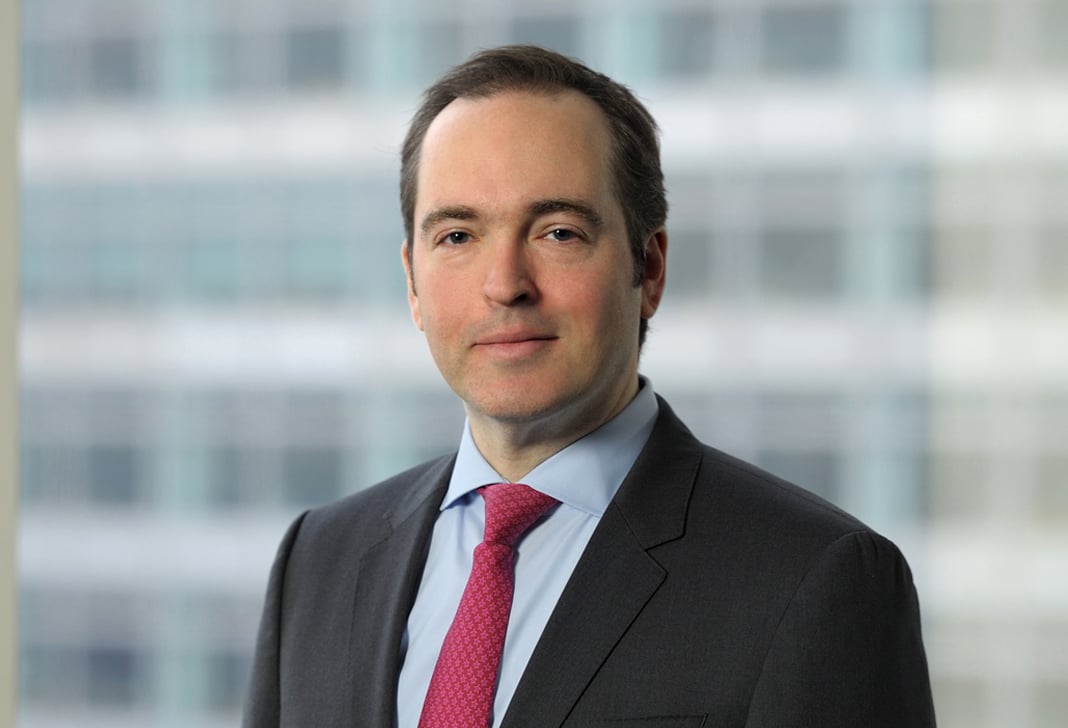
Delaware Supreme Court Reverses Chancery Court and Applies Business Judgment Review to Reincorporation
In Short
The Case: Controlled companies and their directors appealed the denial of their motions to dismiss claims by stockholder-plaintiffs challenging the conversions of the companies from Delaware to Nevada corporations.
The Result: The Delaware Supreme Court reversed the Court of Chancery's application of entire fairness review to the conversions, and applied the deferential business judgment rule instead.
Looking Ahead: The Delaware Supreme Court provided welcome guidance limiting entire fairness review to only those transactions where controllers receive a material, non-ratable benefit. The court also took the opportunity to emphasize that Delaware courts do not decide "speculative" claims, invoking long-standing precedent regarding ripeness and standing.
On February 4, 2025, the Delaware Supreme Court reversed a decision issued by Vice Chancellor Laster of the Court of Chancery, and ruled that business judgment review—not entire fairness—applied to stockholder challenges to the conversions of two controlled corporations from Delaware to Nevada entities.
In 2023, the boards of TripAdvisor and its controlling entity approved the conversion of each company into a Nevada corporation. Stockholders controlling a majority of the voting power for both entities approved the conversions, but only a minority of unaffiliated stockholders approved.
In 2024, the Court of Chancery found that the plaintiffs sufficiently alleged that the defendants received a non-ratable benefit from the conversions, reasoning that the conversions diminished the minority stockholders' "litigation rights" to the benefit of the defendants. The court therefore applied entire fairness, and accordingly denied the motions to dismiss.
The court denied the defendants' application for certification of an interlocutory appeal. The Delaware Supreme Court, however, accepted the appeal, finding that it would be "beneficial" to have "certainty" regarding the standard of review applicable to a decision to reincorporate.
In February 2025, the Delaware Supreme Court concluded that the Court of Chancery erred in applying entire fairness. The court explained that a non-ratable benefit exists when a controller receives a sufficiently material, unique benefit not shared with other stockholders. The court overruled the Court of Chancery's rejection of a temporal distinction between cases based on existing versus future potential liability, concluding instead that "temporality" is a "key factor" that weighs heavily in determining the materiality of a non-ratable benefit.
The court observed that the plaintiffs did not allege that any particular litigation claims would be impaired by the conversion or any particular transaction would be consummated post-conversion. Therefore, the court concluded, the "hypothetical and contingent impact of Nevada law on unspecific [post-conversion] corporate actions is too speculative to constitute a material, non-ratable benefit triggering entire fairness review." Accordingly, business judgment review applied.
Two Key Takeaways
- The Delaware Supreme Court took care to emphasize that litigants must do more than "speculate" about future litigation, highlighting the court's reluctance to decide hypothetical, speculative claims and underscoring recent, welcome precedent.
- The extent to which the "temporality" of a non-ratable benefit allows a controller to avoid the onerous heightened review of entire fairness in other contexts remains to be seen. At least for reincorporation, however, the Delaware Supreme Court has provided a clear roadmap for business judgment review of conversions.






